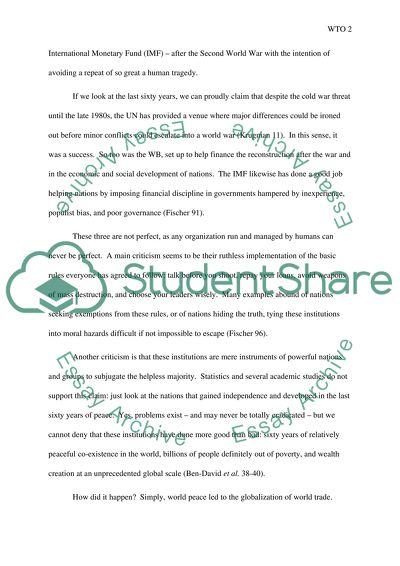Cite this document
(“WTO: Fighting the Globalization Beast Essay Example | Topics and Well Written Essays - 2500 words”, n.d.)
WTO: Fighting the Globalization Beast Essay Example | Topics and Well Written Essays - 2500 words. Retrieved from https://studentshare.org/miscellaneous/1503638-wto-fighting-the-globalization-beast
WTO: Fighting the Globalization Beast Essay Example | Topics and Well Written Essays - 2500 words. Retrieved from https://studentshare.org/miscellaneous/1503638-wto-fighting-the-globalization-beast
(WTO: Fighting the Globalization Beast Essay Example | Topics and Well Written Essays - 2500 Words)
WTO: Fighting the Globalization Beast Essay Example | Topics and Well Written Essays - 2500 Words. https://studentshare.org/miscellaneous/1503638-wto-fighting-the-globalization-beast.
WTO: Fighting the Globalization Beast Essay Example | Topics and Well Written Essays - 2500 Words. https://studentshare.org/miscellaneous/1503638-wto-fighting-the-globalization-beast.
“WTO: Fighting the Globalization Beast Essay Example | Topics and Well Written Essays - 2500 Words”, n.d. https://studentshare.org/miscellaneous/1503638-wto-fighting-the-globalization-beast.


